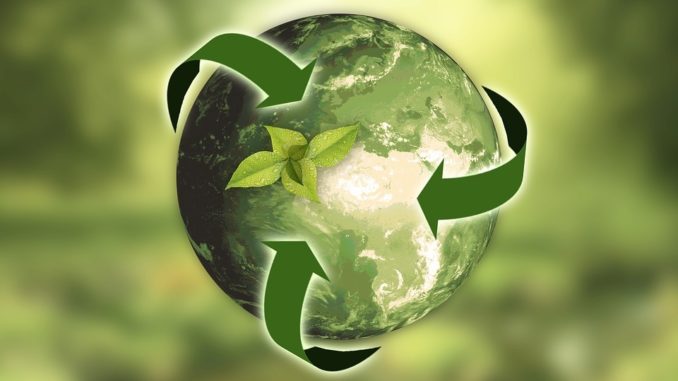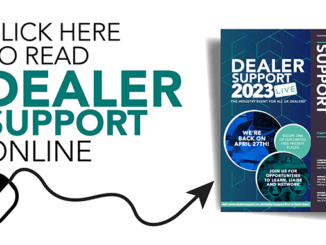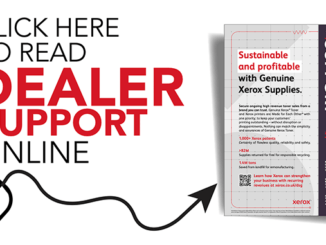
Exertis has today announced some of the key initiatives it is undertaking to reduce the use of plastic in its business operation.
“Whilst July has been established as Plastic Free month in the global calendar, as an organisation, we are committed to reducing plastic pollution beyond just this period. Indeed, we have many initiatives around the Exertis Group where we are determined to work towards more environmentally friendly practices. These can be simple measures like reducing the use of plastic in our offices to more complex operational solutions. In addition, we have been able to work with many of our partners who share the same goal and with our employees who are fully supportive of sustainability measures in the business. Plastic free month is a timely reminder of the duty we all have to protect our planet,” said Neal Johnston, Exertis Global Operations, MD.
Key initiatives include:
- Waste separation at Amacom. In the warehouses, all plastic materials, such as packaging material and foil, are stored separately. All the plastic waste that is separated is then collected for recycling. The plastic straps, which are often wrapped around pallets, are also separated from the other plastic, as these straps are more difficult to recycle. Amacom uses wrapping machines that automatically wrap pallets with plastic. The company uses pre-stretched foil. This foil is just as strong as the thicker foil, but ensures that the use of plastic for packaging pallets is increasingly reduced.
- Packaging materials at Amacom. The warehouse uses machines that fill plastic air pockets with air. Plastic has been chosen as the filling material in boxes, because the eco-indicator score (the degree of environmental impact) for plastic is much lower than for paper. The machine only fills the air pockets with air when the actual filling material is needed. The air pockets are supplied without air in them, which ensures that they are considerably smaller than pre-filled bubble materials. This is not only beneficial for the storage of the contents, being more durable, but also for its transport. In addition, the pockets can contain a lot of air, which reduces the amount of plastic in a box as much as possible. The plastic air pockets are made of recycled plastic and can be recycled endlessly.
- Exertis UK – working in partnership with Macfarlane Packaging, a major supplier of packaging. The first phase of the project has seen Exertis reduce the stretch wrap and pallet top sheets material by 24 per cent – a total of 18 tonnes of plastic material at its three logistic centres in the UK. This equates to 45 tonnes of CO₂e emission reduction in the plastic material process* – equivalent to the greenhouse gas emissions from 112,838 miles driven by an average passenger vehicle. The second phase of the project is underway and initial findings predict removal of a further 19 tonnes of plastic material – reducing material manufacturing* CO₂e emissions by 36 tonnes. The third stage will see the process implemented across other Exertis facilities across Europe.
- Hypertec is working towards sustainable product delivery in many different ways. Packaging is designed in-house and requested at source to be made from recyclable materials, for example, replacing plastic inlay tray with recyclable card trays.
- Kondor – reducing the size of packaging, removing single-use plastic, using more sustainable and eco-friendly materials and educating the end user on recycling. With O2, Kondor estimated that removing SUP from the mobile network operator’s branded accessories packaging will have saved over 974kg of plastic in the first year alone – equivalent to the weight of nearly 6,000 iPhone x devices.
- Exertis UK – the marketing team has replaced plastic wrapping for its quarterly reseller magazines with potato starch polywrap which is 100 per cent compostable.
- Various office and warehouse locations across the Group – all under-desk bins have been removed and we have recycling bins in place with the correct guidance to recycle correctly. All plastic bottles have been removed from the canteen and vending machines. Glass or refillable bottles are used instead of plastic cups.
*CO₂e is calculated on UK government material manufacturing averages
Don’t forget to follow Dealer Support on Facebook and Twitter!



Be the first to comment